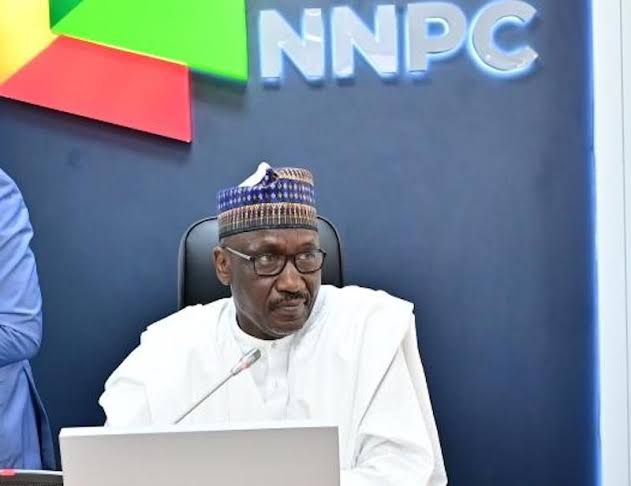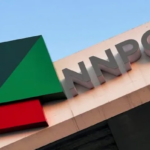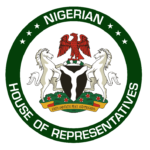The Nigeria National Petroleum Company (NNPC) Limited last week released its 2023 Audited Financial Statement (AFS), which showed a significant return to profitability. But experts say with a substantial amount of the profitability being diverted to funding its shortfall or subsidy as some might call it, there is the need to improve on the results, Daily Trust reports.
For years, the NNPCL, the all-important national petroleum company, hasn’t been operated in a profitable manner.
The change of name from the Nigerian National Petroleum Corporation (NNPC) into NNPC Limited in 2022 was to propel the company to “Operate as a commercial, independent and viable National Oil Company (NOC).”
The intention was also to enable the NOC to deliver value for the over 200m Nigerians who are shareholders of the company.
- Bandits kill vigilante, abduct 4 farmers in Kaduna
- Decriminalisation of cannabis is a danger to society
An inside source in a chat with our correspondent said, “The current management of the NNPCL deserves commendation for championing the reforms in the oil company because for the first time in the history of the NNPC, the national oil company is declaring results year-on-year and you can see the improvement from 2020, which shows that with the reform and rebranding of the NNPC has really helped.”
Highlight of the results
According to the financial statement unveiled by the Chief Financial Officer of the Company, Mr. Umar Ajiya, the NNPCL recorded a net profit of N3.297 trillion at the close of the financial year, which ended in December 2023, an increase of over N700billion (28%) when compared to the 2022 profit of N2.548trillion.
Ajiya said the release of the AFS is a testament to the company’s commitment to transparency and accountability.
“Our fiscal performance reflects both strategic foresight and operational resilience. Despite inherent challenges of our operational and economic environment, we have improved the productivity and the financial performance of this great company,” Ajiya stated.
Ajiya added that posting such impressive returns demonstrates NNPC Ltd’s commitment to sustaining profitability and supporting the attainment of national energy security as stipulated by the Petroleum Industry Act (PIA) 2021, and by extension, as expected by the company’s shareholders.
It would be recalled that in 2021, NNPC declared profit in its operations for the first time. From a loss position of N803 billion in 2018, it reduced the loss further down to N1.7 billion in 2019.
However, in 2020, it posted its ‘first ever’ profit of N287 billion, then in 2021, it recorded a N674.1 billion profit and in 2022, the profit grew to N2.548, an unprecedented achievement in its financial performance. The N3.297 trillion profit declared for 2023 is the highest since the company’s inception, 46 years ago.
According to the audited financial statements, the federal government already owes NNPC 5.1 trillion, which includes 3.3 trillion for subsidies (or under-recovery as they like to call it) incurred between January and May and 1.8 trillion for energy security expenses from August to December.
Total revenue generated for the year was N23.9 trillion or $26.4 billion using the exchange rate of N907/$1 which was the closing rate used for the year 2023.
Revenue from Nigeria amounted to N21.3 trillion, representing 89.1% of total revenue, indicating that the company earned the majority of its income domestically rather than from international operations.
Also significant in the results was the company’s total assets, which were reported at a whooping N246.8 trillion ($272 billion using N907/$1 or $154 billion using N1,600/$1 as of August 2024) surpassing Nigeria’s nominal gross domestic product (GDP).
What experts are saying?
Oil and gas expert, Dr. Ayodele Oni in a chat with our correspondent said though financial performance is a welcome development, a lot needs to be done to improve on the performance.
“As long as there is profitability, we should be happy though it should be much better. Those are the challenges, it is just like comparing them with other national oil companies like Saudi’s and others but what we have seen is an improvement from recording losses for so many years,” he said.
He said the issues around subsidy must be addressed to ensure that the large chunk of the profit does not go into the payment of subsidy.
“As long as we continue to pay subsidies, they will eat from their profit. We need to increase exploration and development of fields and also focus a lot more on gas. I don’t think they have paid enough attention to gas until recently and it would take time for that to develop,” Oni added.
The Chief Executive Officer of Cowry Assets Management Ltd, Johnson Chukwu while responding to the NNPCL result noted that the dividend and taxes paid by the company will reduce the financial burden of the federal government.
He said, “The federal government has made a supplementary budget of about N6tn. And then NNPC’s N2.1tn final dividend is more than 35 per cent of the supplementary budget.
“That will show you the impact this is going to have when that money comes to the foundation account.
“Bear in mind that whatever dividend they pay goes through two organs of government. One, Federal Minister of Finance, Incorporated, and Ministry of Petroleum, Incorporated and they own NNPCL limited 50-50 per cent.
“So, it all goes back to the entire national treasury. And that simply means it will go into the federation account, which will be shared through the three tiers of government. And that will cushion the kind of financial stress that the governments at different levels are going through.”
Chukwu further likened the NNPC Ltd to Saudi Aramco, which is the biggest listed oil firm with $1.8tn market capitalisation, saying, “I was quite impressed. You know why? Everything we’ve heard in the recent past, we are all negatives about the general industry, what is going on and that. And then today we’re looking at how NNPC has turned the corner.”
Another expert, Tunji Oyebanji called for deeper scrutiny of the accounts of the NNPCL to improve transparency and accountability.
He said, “I would have been happier if the results had gone through the same scrutiny as the accounts of quoted companies unless we take it at face value. Also, how do the results compare to other national oil companies?
Ahead of the announcement of initial public offering by the shareholders of the NOC, there are high hopes and expectations of improved performance by the company which would translate into more funds to meet its rising financial obligations and bring more returns on investment.

 Join Daily Trust WhatsApp Community For Quick Access To News and Happenings Around You.
Join Daily Trust WhatsApp Community For Quick Access To News and Happenings Around You.


